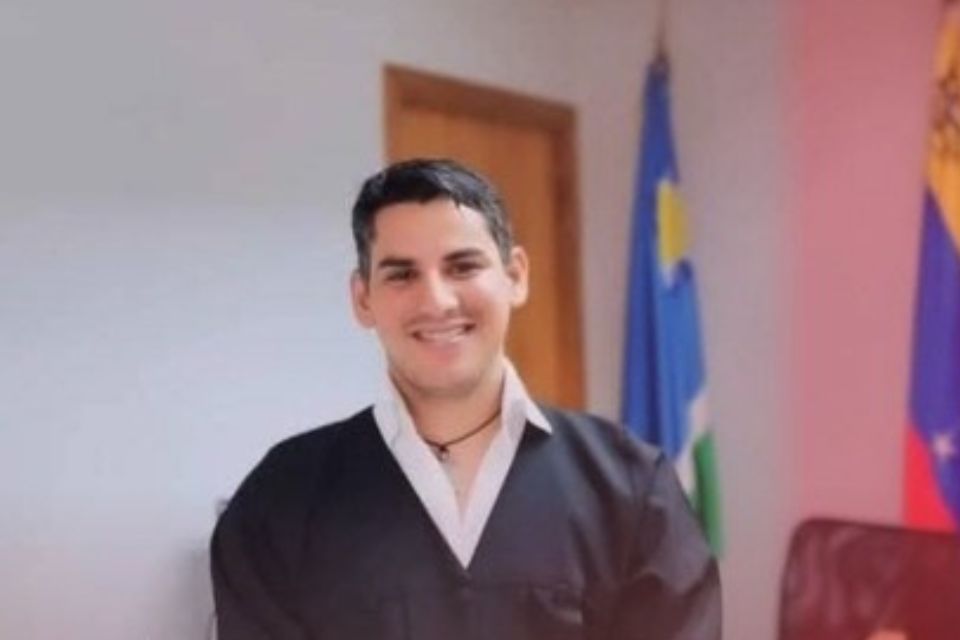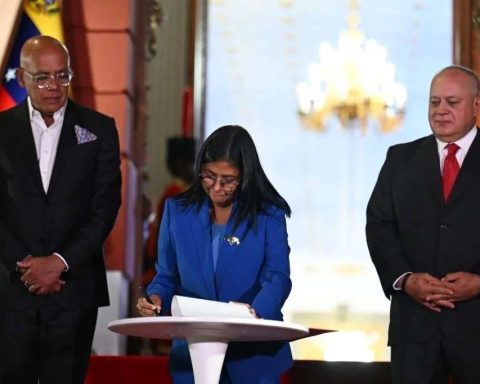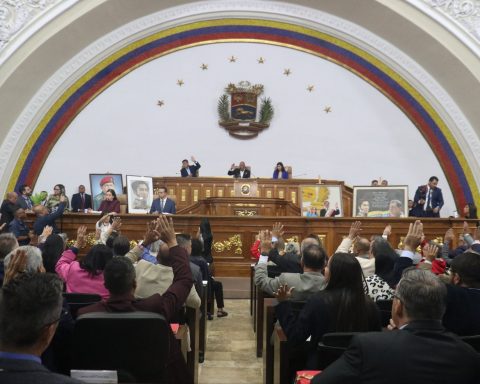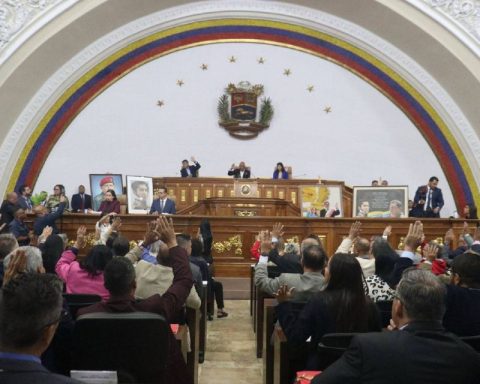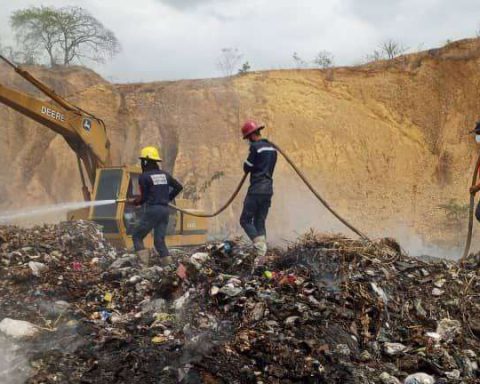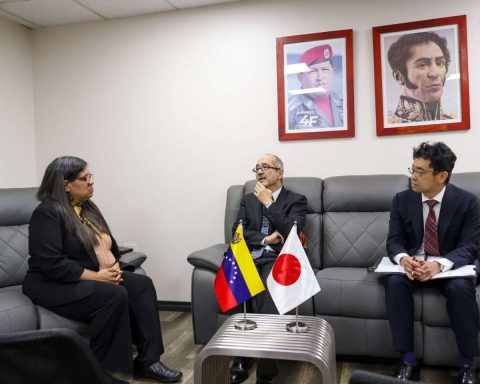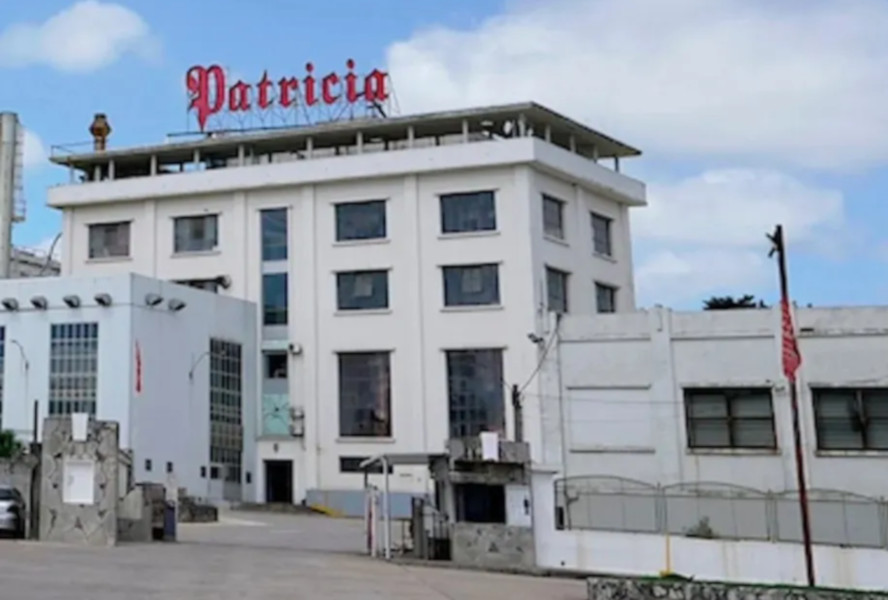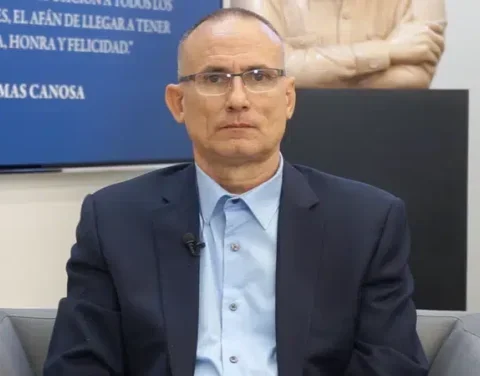Human Rights lawyer and defender Frnyer Hernández was arrested on April 10 by PNB officials. To date, the reason for detention and its whereabouts is unknown
The lawyer Tamara Suju denounced the arrest of lawyer Ay human rights defender Franyer José Hernández Valladares, 31 years old, on April 10 in the Portuguese state. He said that “he was actively collaborating with the Command Convzla” for the presidential elections of July 28.
He explained that a commission of the Bolivarian National Police (PNB) “strongly armed entered the residence where Franyer was without a court order.” Suju also indicated, through his Account in xthat the officials pointed to everyone present with weapons, they were handcuffed and encaled, even a 94 -year -old woman and a teenager.
Tamara Suju also noted that UNB officials took computer equipment and work material from the lawyer.
*Also read: Denses released after elections are still prosecuted and face serious charges
Three days have passed since the arrest of Franyer Hernández and still “his whereabouts and physical condition is unknown.”
For justice, encounter and forgiveness, “this detention represents a clear criminalization of the work of defense of human rights and a violation of the right to free exercise of the legal profession,” so they demand immediate liberation and the cessation of persecution against those who defend human rights in the country.
According to the data of the NGO Criminal Forum, in the country there are 903 political prisoners, not counting the recent arrests of this weekend.
The Inter -American Commission on Human Rights (IACHR) urged the Venezuelan State to end the incommunication of political prisoners and to release them immediately and unconditionally. In a pRonunciation on its web portalthe agency condemned the serious human rights violations in the country, which include arbitrary arrests, forced disappearances and prolonged periods of isolation, especially after the elections of July 28, 2024.
*Journalism in Venezuela is exercised in a hostile environment for the press with dozens of legal instruments arranged for the punishment of the word, especially the laws “against hatred”, “against fascism” and “against blockade.” This content was written taking into consideration the threats and limits that, consequently, have been imposed on the dissemination of information from within the country.
Post views: 256
